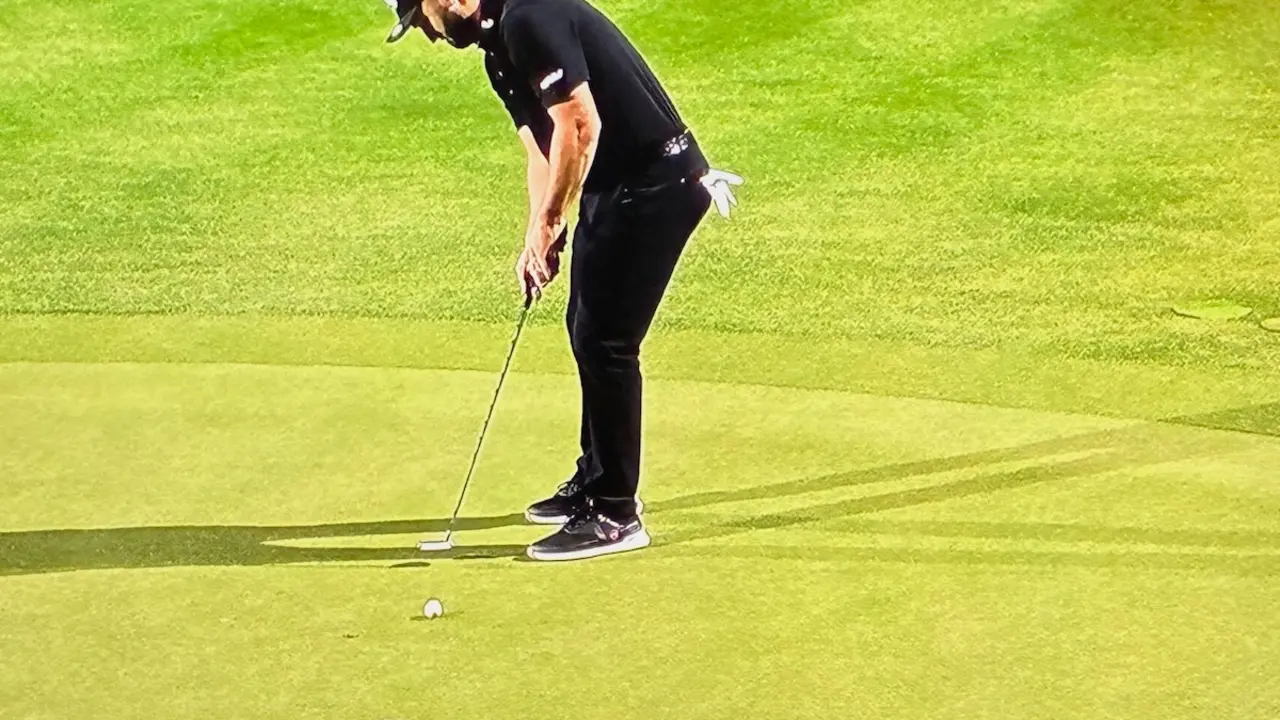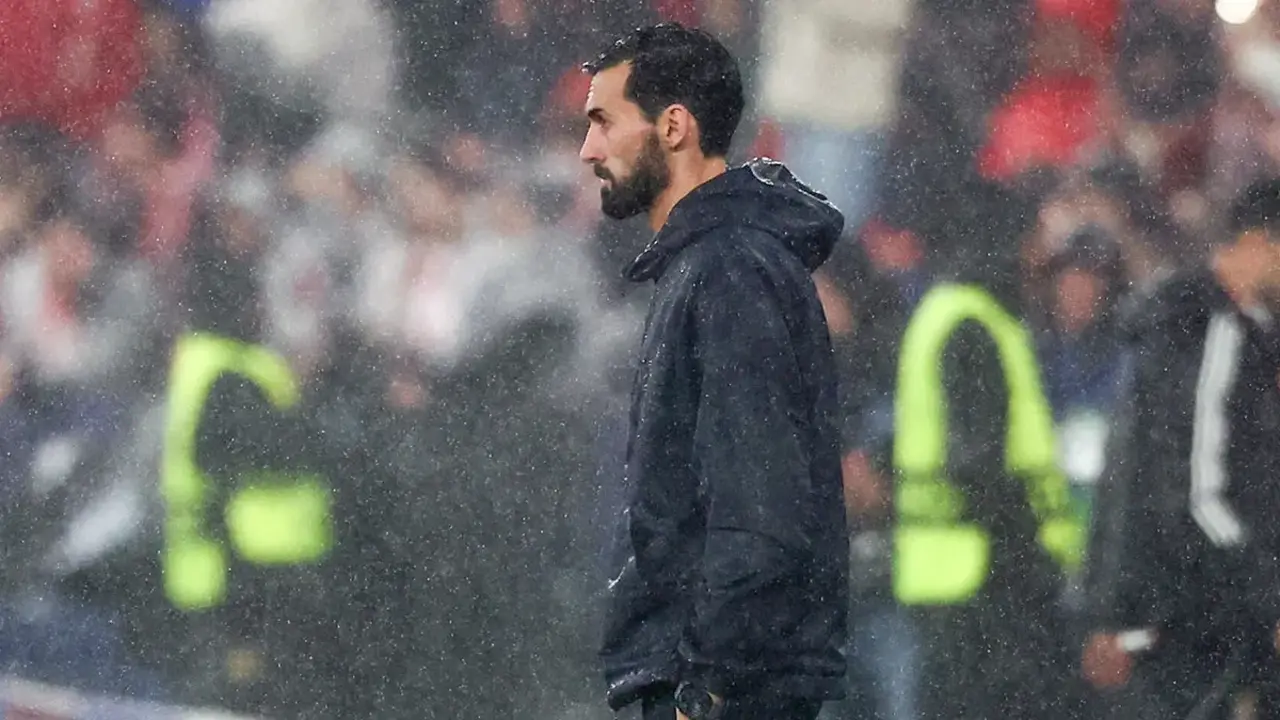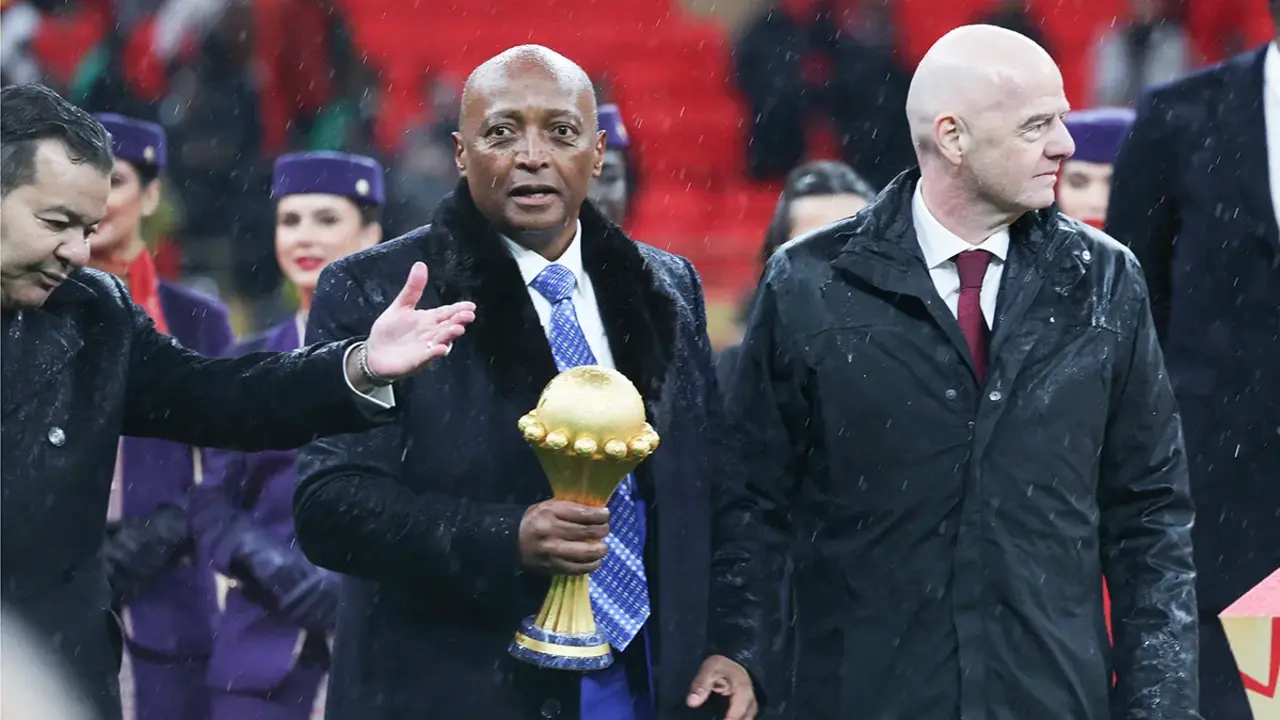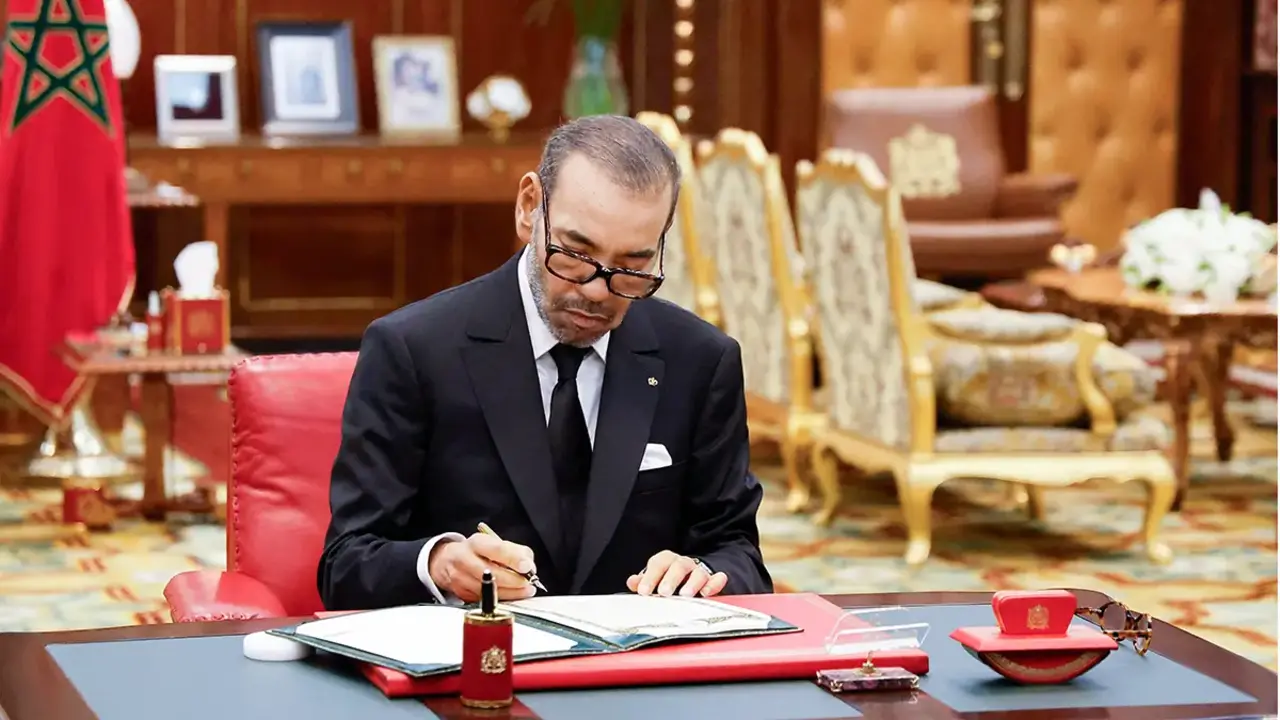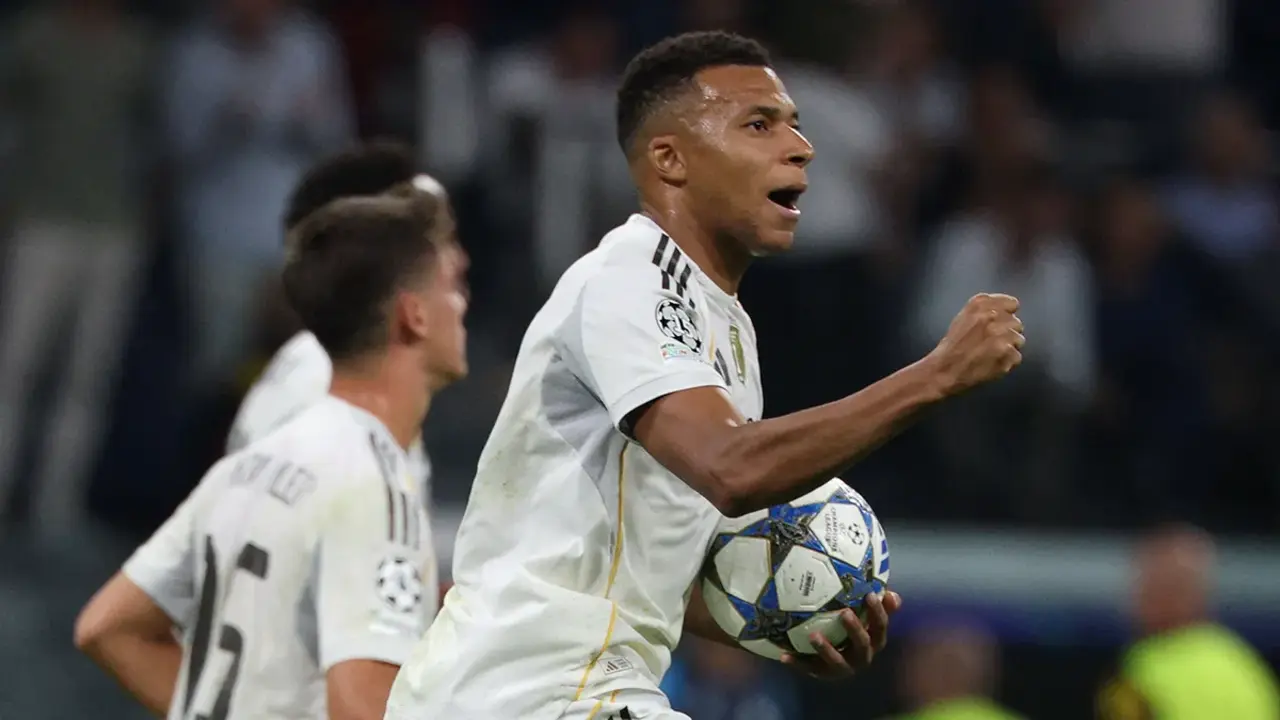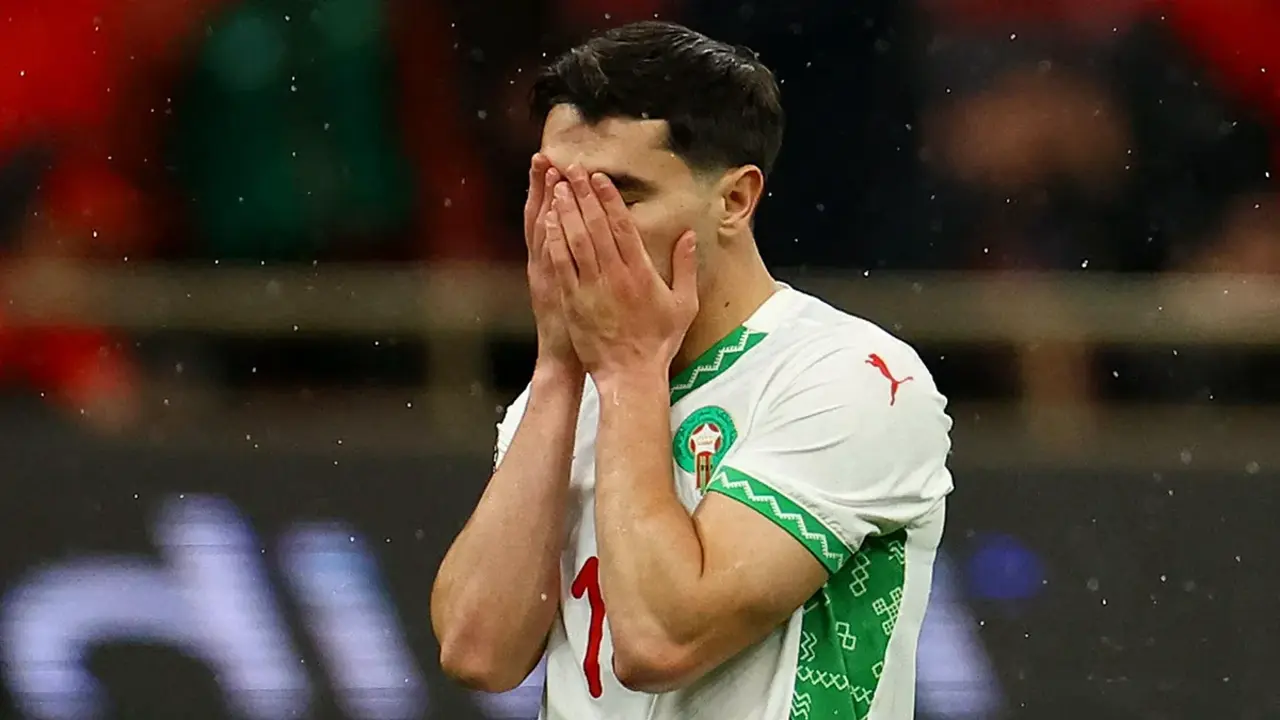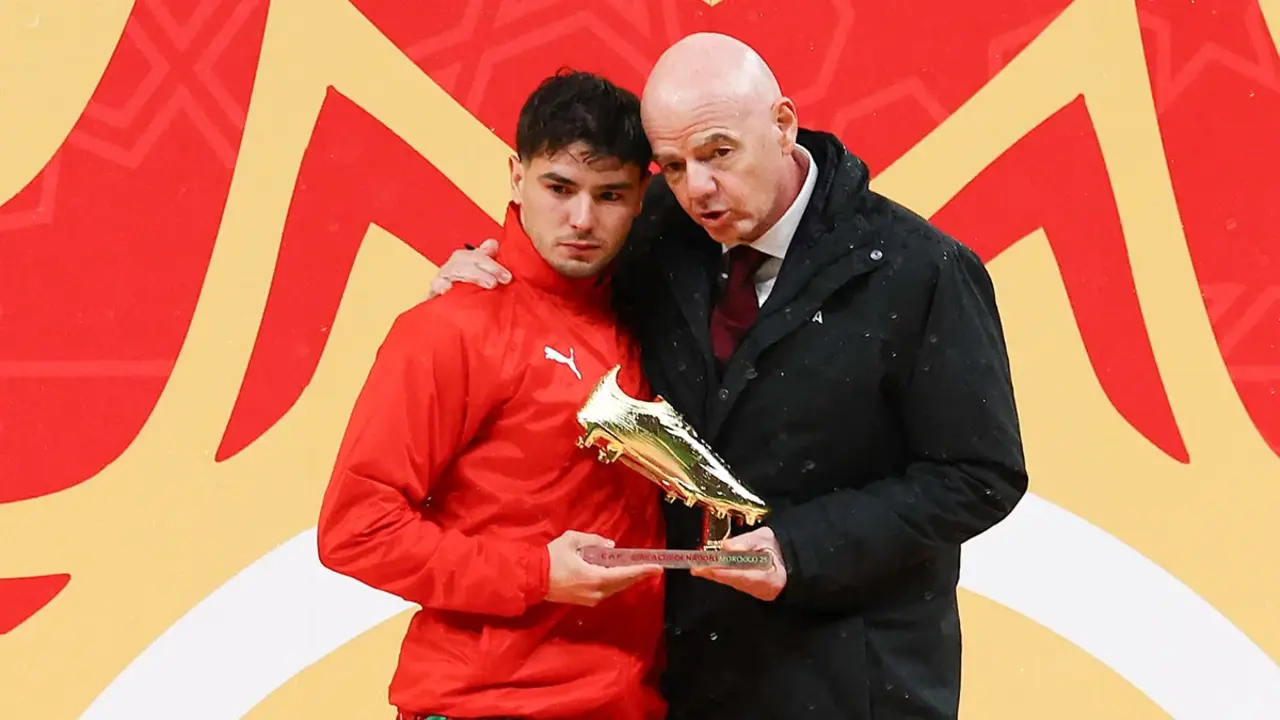The Iberian bid for the 2030 World Cup could count on Morocco

The Royal Spanish Football Federation (RFEF) and the Portuguese Football Federation are exploring the possibility of including Morocco in the 2030 World Cup bid. Although their incorporation will be studied in depth in the coming days, the same sources point out that it seems to be related to the withdrawal of Ukraine for the 2030 World Cup bid. As a reminder, "the two Iberian countries had joined Ukraine in the race to organise the 2030 World Cup last October, an incorporation that had the support of Aleksander Ceferin, president of UEFA," the Spanish Football Federation indicated at the time.
Since then, a "fraud and money laundering" scandal involving the Ukrainian Football Federation has emerged. Andriy Pavelko, the federation's president, was arrested and charged with embezzling money intended for the construction of an artificial turf football pitch factory. He could spend up to 12 years behind bars. The Spanish Football Federation has decided to drop the Ukraine option until the situation is resolved in order to protect its reputation from being tarnished by this affair. It should be recalled that the president of the Royal Moroccan Football Federation had made no secret of his desire for Morocco to join the Spanish-Portuguese bid.

"We want the African and European continents to share this organisation, so that the world can see that the relationship between Africa and Europe is about more than preventing illegal immigration," said Fouzi Lekjaa, president of the Royal Moroccan Football Federation, who was at the Moroccan team's historic achievement in December at the World Cup in Qatar. He described it more as a relationship between civilisations and cultures that can interact with each other enjoying "the party of football". The Spanish federation is currently negotiating the inclusion of Morocco in the Iberian bid, even though they did not see it as a priority when it started.
Initially, FIFA and UEFA had vetoed joint bids from nations from several confederations, so their participation had been disqualified. The caveat, however, which was accepted along with bids from Saudi Arabia, Greece and Turkey, has slowed things down and allowed the Portuguese Federation and RFEF to welcome Morocco. According to FIFA's rules, which stipulate that at least two World Cups must pass for a continent to repeat, the bids from Greece, Turkey and Saudi Arabia are not supposed to be viable at present. This is because the Saudi bid would not be eligible after the World Cup in Qatar last year.

In this case, the Iberian bid proposal would be further solidified by the RFEF's talks with Morocco. The possibility of adding Morocco is what the RFEF and the Portuguese Football Federation are working on. While their inclusion will be closely scrutinised in the coming days and weeks, it appears that Ukraine's withdrawal from the joint Spanish-Portuguese bid to host the World Cup is a key factor in their eventual inclusion. A case of alleged corruption involving the Ukrainian Football Association (UFA) itself has cast doubt on Ukraine's participation as host, which was announced last October.
FIFA will publish the criteria for candidates to host the 2030 World Cup in June, with the official election to take place in 2024. "With the full backing of UEFA, the Iberian bid includes the federation led by Andriy Pavelko in an effort to forge connections and project a message of solidarity, generosity and unity across European football". However, due to a number of factors, Spain and Portugal feel that their commitment to Ukraine is unsustainable. Thus, the only feasible accession is the annexation of Morocco to the Iberian bid, which is currently being explored by Spain and Portugal.

There is no casual factor involved in the success of Moroccan football on the international stage. Mohamed VI had already set out his vision for the Kingdom's national sport development strategy as early as 2017. Rabat has taken steps in recent years to improve the calibre of its sports, especially football. A feat that has also received praise from FIFA, which credits the Moroccan Football League's "focus on the women's and men's senior teams" as an important part of the achievements. It also praised the Kingdom's work "in the short, medium and long term to prepare for the future", highlighting in particular the Mohamed VI Academy.

